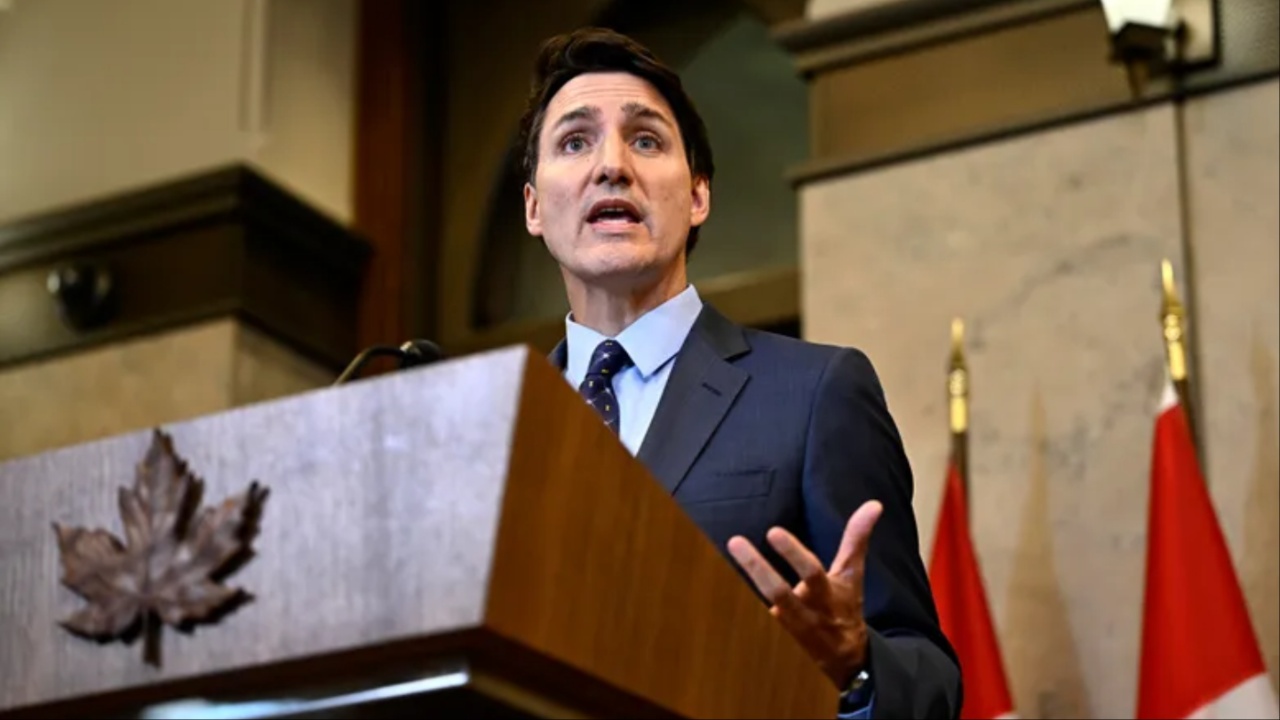Canada has made a significant diplomatic move by expelling six Indian diplomats, including the high commissioner, following serious allegations linking Indian agents to violent actions against Sikh separatists in Canada.
The Canadian Minister of Foreign Affairs, Mélanie Joly, stated that this decision was based on clear evidence gathered by police, identifying the expelled diplomats as persons of interest in the case of Hardeep Singh Nijjar, a Sikh separatist leader assassinated on Canadian soil.
The expulsion has triggered a swift and reciprocal response from India, which has expelled six Canadian diplomats, including Acting High Commissioner Stewart Ross Wheeler. This back-and-forth escalation in diplomatic tensions marks a low point in the relationship between the two countries.
The crisis began last year when Canadian Prime Minister Justin Trudeau disclosed credible information connecting the Indian government to Nijjar’s assassination, leading to deteriorating relations.
During a recent press conference, Trudeau condemned the Indian government’s alleged support for criminal activities against Canadian citizens, emphasizing that such behavior is unacceptable for any democracy.
He highlighted the role of the Royal Canadian Mounted Police (RCMP) in investigating these claims and their findings regarding Indian diplomats gathering intelligence through questionable means, which allegedly contributed to organized crime and violence targeting the South Asian community in Canada.

Canada Expels Six Indian Diplomats Amid Allegations of Indian Involvement in Sikh Separatist Violence
In a rare move, the RCMP publicly disclosed details of ongoing investigations, citing credible threats against individuals associated with the pro-Khalistan movement, which seeks a separate Sikh state.
Commissioner Mike Duheme articulated the severity of the situation, stating that the investigations revealed links between Indian government agents and organized crime, along with violent acts committed on Canadian soil. This transparency was deemed necessary to address the significant threat to public safety posed by these activities.
India has vehemently rejected the accusations, labeling them as unfounded and politically driven. The Indian government accused Canada of failing to present any concrete evidence to support its claims, asserting that the allegations against High Commissioner Sanjay Kumar Verma were ludicrous.
This statement reflects India’s frustration over what it perceives as a deliberate strategy to malign its image on the international stage.
The assassination of Hardeep Singh Nijjar, who was an outspoken advocate for a separate Sikh homeland known as Khalistan, remains central to this diplomatic conflict. His murder outside a Sikh temple in British Columbia has sparked international scrutiny and added complexity to the already strained Canada-India relations.
The ongoing tensions have been further exacerbated by similar accusations in the United States against Indian officials regarding conspiracies targeting Sikh separatists, underscoring the broader implications of this conflict in the international arena.
